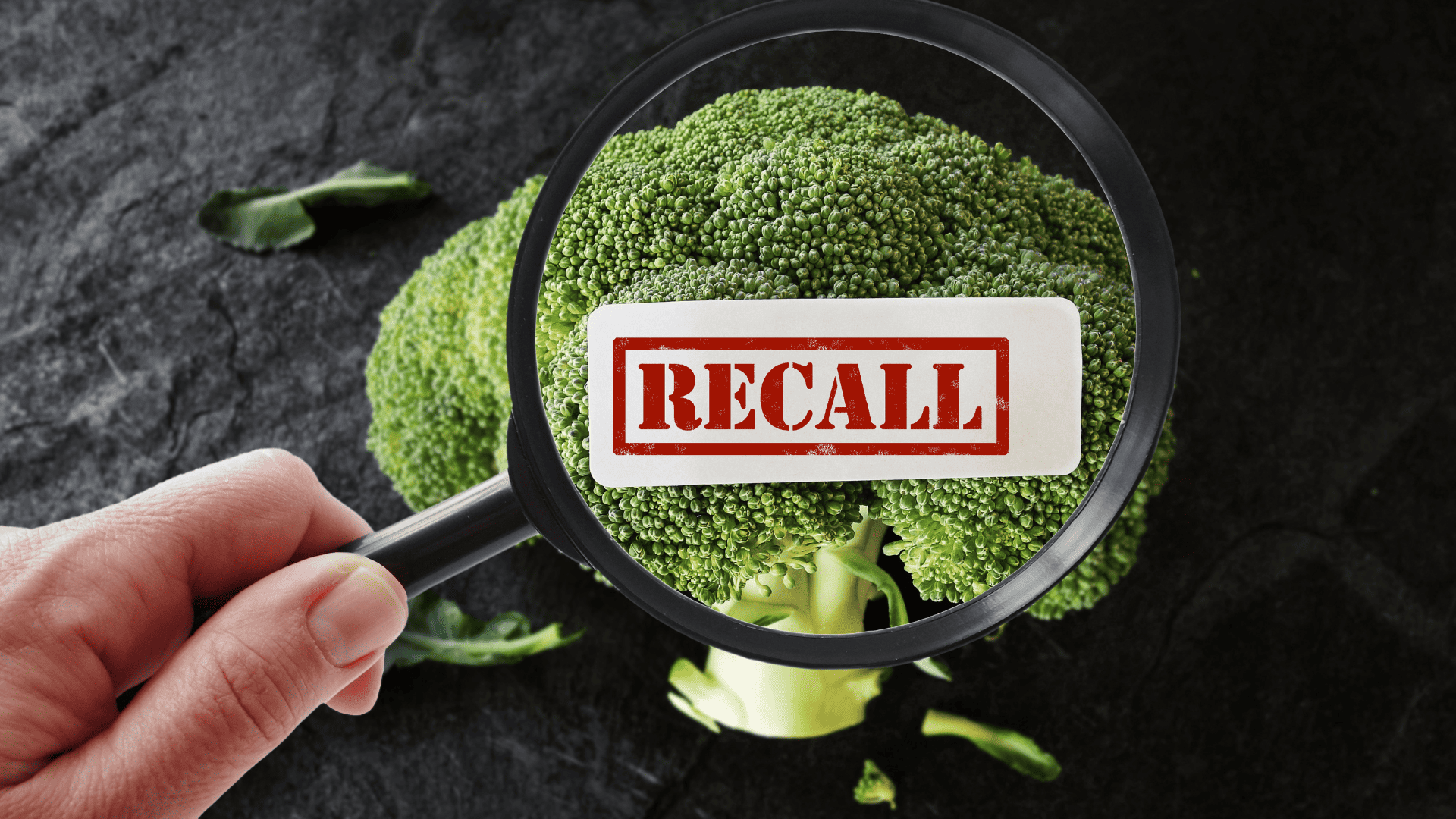
©zimmytws via Canva.com
Why Recalls Have Been on the Rise
March 8, 2024
Over the past two weeks alone, the FDA has identified a dozen recalls, market withdrawals, and safety advisories spanning products ranging from eye ointments to chocolate bars and ground cinnamon, according to Business Insider.
For example, Trader Joe’s has already recalled at least six items this year. Last week, its chicken soup dumplings were recalled due to potential contamination with plastic.
However, it’s not just a coincidence that recalls have been creeping up in recent times.
According to a 2024 State of the Nation Recall Index report from Sedgwick Brand Protection, between 2022 and 2023, the number of product recalls rose by 11%, marking a high not experienced in seven years. In a press release, Sedwick announced that the report identified 3,301 recalls in 2023 across five industries: automotive, consumer products, food and beverages, medical devices, and pharmaceuticals.
Even though the number of recalls rose last year for the second year running, Sedgwick highlighted that the number of defective units — whether it’s an individual car or a single packet of food — dropped by nearly 50% compared to 2022.
Research carried out by MasterControl, a quality-control software company, shows that between 2018 and 2022, recalls from both the FDA and the Consumer Product Safety Commission increased by 115%. MasterControl’s report indicates that the main reasons driving recalls across both agencies include allergens, foodborne illnesses, contamination risks, child safety concerns, and fire hazards.
With allergies, illnesses, and safety concerns having been around for a while, there is no single cause for the increase in recalls, but one reason could be that there are tighter regulations in place now to aid more recalls.
In 2011, the Food Safety Modernization Act, the most significant amendment to food safety laws in decades, took effect. This legislation introduced stricter regulations and empowered the FDA with increased authority to mandate recalls from manufacturers.
The pandemic also led to stricter guidelines for product safety. At the height of the pandemic, the FDA had to do a lot of its testing and inspections remotely, which meant it had to adopt more stringent policies to make sure products were safe, MasterControl explained.
In the press release, Chris Harvey, a senior vice president at Sedgwick, said, “As product recalls reached a seven-year high in 2023, it is clear that strict regulatory enforcement is more than a passing trend. 2024 will see continued oversight from regulators, policymakers, and consumers, making it essential for businesses to plan and practice for product recalls and in-market crises.”
Recent News
Delta Seeks Outage Damages From Microsoft, CrowdStrike
The airline plans to sue both Microsoft and CrowdStrike for damages.
Sprouts Shares Positive Q2 Financial Results
Sprouts Farmers Market, Inc. reported robust second-quarter results ending on June 30, 2024.
Johnnie Walker Maker, Diageo, Posts Largest Sales Drop Since the Pandemic
As inflation and high interest rates force many to find ways to cut spending, it appears alcohol is also losing its buzz.
IKEA Focuses on Sleepeasy With New Pop-Up Event
IKEA U.S. is making new strides in the furniture retail market by launching The IKEA Sleepeasy, an immersive pop-up event that will take place in New York in August.
